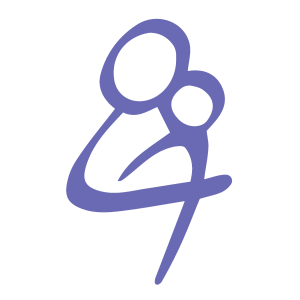Almost all parents-to-be have a special need for information and support, advice and guidance around the time of birth, which often goes beyond medical prenatal and postnatal care.
Overview

We offer a wide range of psychosocial counselling on pregnancy, birth, peri- and postpartum crises, life with a baby, miscarriages and stillbirths as well as traumatic birth experiences.
Pregnancy, childbirth and the initial period afterwards represent a major physical, emotional and social challenge and adjustment for many women. Postpartum low moods, postpartum depression and anxiety as well as difficulties finding their way in a completely new world are not uncommon and can have a variety of causes. Women are confronted with social ideals of motherhood and suffer as a result. Their own expectations of parenthood can also cause suffering if not everything goes ‘perfectly’ or feels ‘perfect’. Those affected feel stigmatised and alone.
The partner also has to adjust to the upcoming change and to completely new life circumstances.
Appointment for a consultation
Would you like a consultation? Please make an appointment on 030/ 32 23 071 or at info@familienzelt.berlin
Appointments can either take place in person at our advice center or online via the Clicdoc video tool. Alternatively, a telephone appointment can also be arranged. A psychosocial counseling session lasts approx. 50 minutes.
Pregnancy
For many women, this means a profound challenge and change on a physical, emotional and social level. Their individual lives change, as do their relationships.
Future parents are often confronted with issues that they have never had to deal with before. This can be unsettling, create doubts and questions and lead to crises.
We offer you the opportunity to discuss the questions and issues that concern you in a protected and non-judgemental space.
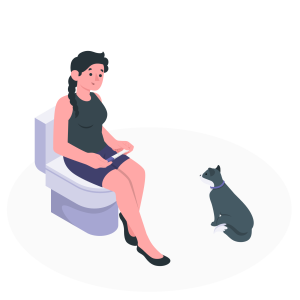
Postpartum Counselling
The birth of a child and the new life as a family is a major developmental challenge. This can lead to conflicts and crises that cannot be overcome alone, despite great efforts. Sometimes there is a lack of information, sometimes you are overwhelmed and no longer know what is most important at the moment. Sometimes you feel anxious or discouraged or you have imagined or desired being a mother, father or parent in a completely different way. Feelings of shame and guilt for your own feelings are often added to this, which makes the situation even more difficult.
Our counselling can be helpful in adopting a different perspective, understanding the meaning of these crises as an opportunity for reorientation, mobilising strength and gaining courage. We see our counselling sessions as short-term support that can help you find your feet in a new life situation.
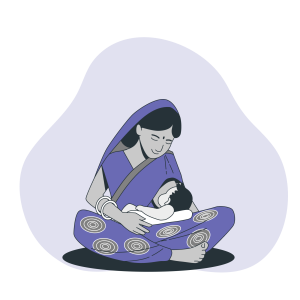
Counselling for conflicts and crises in the first two years of life
The birth and the puerperium are ‘done’ and now a new everyday life is slowly developing, which requires an enormous amount of social, financial and emotional adjustment. It is not uncommon to feel overwhelmed. Everyday life with a baby is full of challenges and new questions. Topics such as daycare, everyday work, family organisation, me-time, sexuality and a fair division of care work are becoming increasingly important. Women in particular are faced with an almost unmanageable variety of roles that leave little time for relaxation and slowing down. You are not alone in this.
If you feel overwhelmed and would like support, we would be happy to accompany you.
Baby blues and postpartum depression
The birth of a child means a change for every woman. Profound biological, emotional and social changes are challenging. Mood swings, increased sensitivity and vulnerability are completely normal phenomena in the postpartum period. However much the baby may be longed for, the adjustment to life with a child (or another child) takes time. Ambivalent feelings about motherhood are allowed. Many women feel stressed, overwhelmed and tired after giving birth. In our society, being a mother is taken for granted and considered so natural that individual doubts reduce confidence in one’s own abilities and in one’s own (self-)love. Feeling guilty and ashamed, few people talk about their experience.
The baby blues is a brief depressive mood that can occur shortly after giving birth or in the first 3-5 days after the birth (50-80% of women experience it). After hours or a few days, feelings such as anxiety, exhaustion, mood swings and impatience subside somewhat and an initial feeling of well-being slowly sets in. The baby blues also subside on it’s own without treatment. Fathers can also experience symptoms of baby blues.
Postpartum depression occurs in around 10-15% of women, sometimes not until a few months after the birth. The causes of postpartum depression are varied (previous depression/anxiety, birth experience, complications during pregnancy, couple relationship, physical causes, perfectionism, social and societal factors).
Unlike the baby blues, the postpartum depression is not limited to a few hours or days and the severity of the symptoms is much stronger. It can develop gradually and vary in severity. Signs of a depressive episode after birth can include
– general moodiness,
– inner emptiness, feeling of hopelessness,
– severe sleep disturbances, restlessness,
– constant tiredness or being over-excited,
– strong feelings of guilt, fears,
– social isolation,
– ambivalent feelings towards the child,
– thoughts of harming oneself or the child.
This can be just as challenging for the partner. Fathers can also suffer from postpartum depression. Postpartum depression is easily treatable.
Many of the symptoms of baby blues and postpartum depression are sometimes healthy and natural reactions to a completely new life situation and are therefore understandable. In the counseling setting, we will take a close look at your concerns and decide whether counseling with us is sufficient or whether we can support you in accessing other parts of the help system. For example, we can look together for psychiatric-psychotherapeutic outpatient or inpatient support for mother and child.
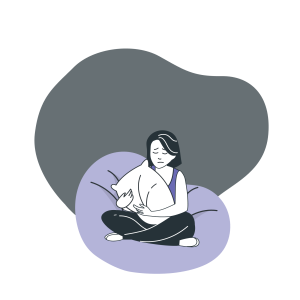
Postpartum psychosis
Postpartum psychosis affects 0.1 – 0.2% of all women who have recently given birth. The symptoms of postpartum psychosis develop very abruptly and require immediate action by relatives. Psychosocial counseling is not enough here.
If the woman shows the following signs of illness, seek help immediately:
– Fear of persecution
– Hearing voices
– Phases of very strong agitation
– Imagining/seeing things and events that do not correspond to reality
– Fantasies of omnipotence and rescue
– Serious aggression towards oneself or other people (including the baby)
Don’t wait, call the doctor or the fire department immediately, call the district’s social psychiatric service or the Berlin crisis service, which is staffed around the clock.
Counselling for grieving parents
When the unthinkable happens …
Losing a child during pregnancy, during or after birth is one of the most painful experiences in a person’s life. The grief for the deceased child and the longed-for family life can develop into a life crisis that can affect all areas of life. Most people describe this as a tunnel that doesn’t want to end.
In our counselling sessions, you have time for your individual grief. Here you can remember your child, the loss and the happy moments with them. In a protected space, you can explore and better understand the feelings that often accompany grief, such as anger, powerlessness, hurt, guilt, fear, etc.
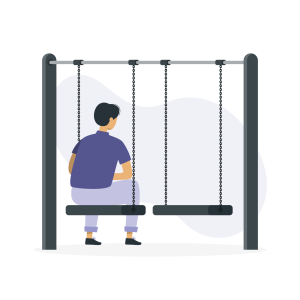
Appointment for a consultation
Would you like a consultation? Please make an appointment on 030/ 32 23 071 or at info@familienzelt.berlin
Appointments can either take place in person at our advice center or online via the Clicdoc video tool. Alternatively, a telephone appointment can also be arranged. A psychosocial counseling session lasts approx. 50 minutes.
